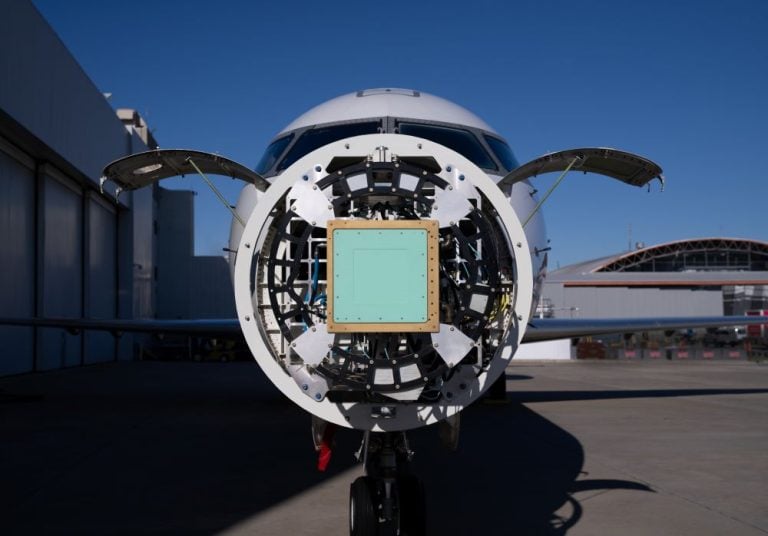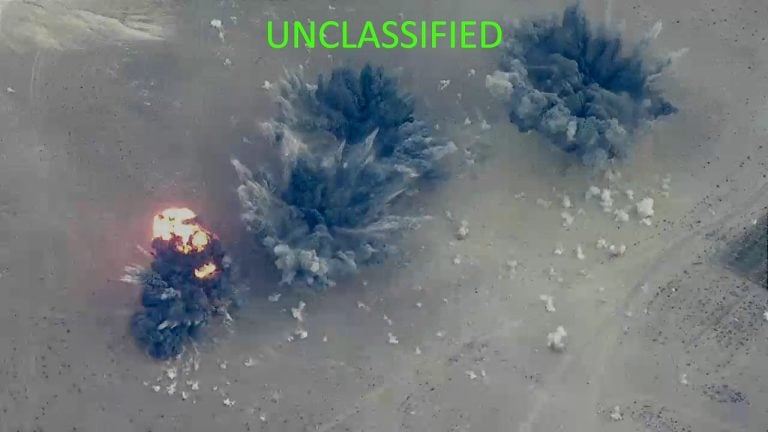In a significant response to increased challenges posed by satellite jamming, Finnish researchers are developing a novel device aimed at reversing the disruption caused to Global Navigation Satellite System (GNSS) services. This initiative has gained urgency following a noticeable spike in interference incidents since 2022, which have significantly affected aviation and marine navigation in the country.
Mika Saajasto, a senior research scientist with Finland’s national land survey authority and project leader, revealed that the project commenced in April with the goal of creating technology capable of identifying and mitigating intentional jamming. The rising incidents of suspected satellite jamming, anticipated to stem from Russian sources, have raised alarms about their implications for national security and economic stability.
The impact of these disruptions has been widespread, affecting a variety of sectors including the military, border guard, and forestry operations, all of which rely heavily on accurate satellite data. Reports indicate that approximately 2,000 instances of satellite positioning interference were documented in Finland last year alone, a stark increase from just 239 incidents reported in 2023 up to this point, according to the Finnish transport and communications agency Traficom.
Finland’s strategic position, sharing a 1,340-kilometer (830-mile) border with Russia, has heightened its focus on strengthening defense mechanisms and border security, particularly in the wake of the geopolitical tensions ignited by Russia’s invasion of Ukraine.
Saajasto described the project’s purpose, stating, “We will develop algorithmic solutions suitable for our conditions that can identify the interference and warn the end user that there’s something in the air that doesn’t belong there.” This proactive approach aims to ensure that air traffic and maritime operations can continue safely and effectively.
The project is backed by the European Union and is set to unfold over a two-year period in North Karelia, a region noted for frequent interference issues. Saajasto highlighted that the consequences of such jamming can be dire, stating that “some aircraft have not been able to land in eastern Finland,” underscoring the tangible risks posed by these incidents.
As the developments progress, Finnish researchers are hopeful that their efforts will bolster the reliability of satellite systems essential for a range of critical services, ensuring greater security and stability in both civilian and military operations.







